Berlin has developed in the vegan mecca of Europe. It’s home to vegan ice cream shops, fast food, burger places, pizza joints and even a vegan butcher shop. In addition, the German capital is home to more than 80,000 residents following a vegan diet.
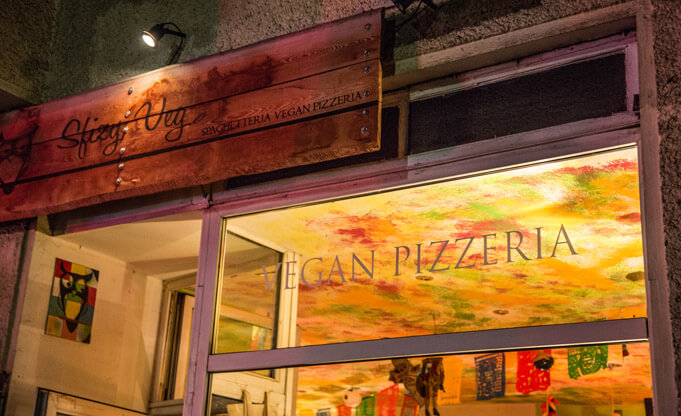
What does it mean to be vegan?
Eating a vegan diet means that you don’t eat any animal products—no meat, cheese or dairy. Instead, the diet is completely plant-based. It typically can include a significant amount of meat or dairy substitutes. Examples include: tofu, tempeh, or alternatives for your average cheese or milk.
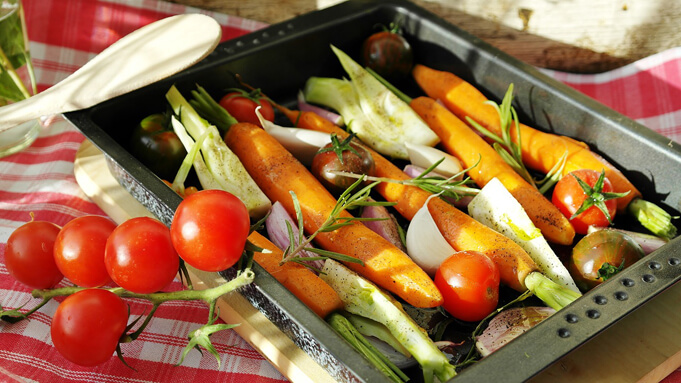
In recent years, it has become something of a fashion—especially among 20 to 30 year olds. And while its great that the trend is catching on, it doesn’t seem fair to call it just “a trend”.
We’ve discussed here before the negative effects on our health, social equity and environment of the status quo, conventionally produced diet. In fact, Germans eat more than twice the recommended amount of meat per year. This includes sausages, steaks, chicken, burgers, and so on.
And the land to produce all our meat? It’s a lot. But, again we’ve already covered that.
The German nutrition society says that a vegan diet cannot give you all the necessary nutrition to lead a healthy life
According to the German Nutrition Society, a “vegan diet can’t provide everything your body needs. With a pure plant-based diet, it is difficult or impossible to attain an adequate supply of some nutrients,” they say. “The most critical nutrient is B-12.”
B-12 is typically found in eggs and meat. In addition, they state that other “potentially critical nutrients” such as omega-3s, which are found in fatty fish. In addition, minerals such as calcium, iron, iodine, zinc and selenium are difficult to get with a strictly vegan diet.
They say that those who do follow this diet should consult a physician regularly and it is advised against for pregnant women. In addition, those who are breastfeeding, adolescents and children.
Those advocating for a vegan diet say that the nutrition society has gone too far
Yes, if you follow a vegan diet you need to be more careful to get all the necessary nutrients found in a healthy diet. But, according to Jimmy Pierson, a spokesperson for the Vegan Society based in England “With a little planning and knowledge, rest assured, you can get everything you need from a vegan diet for great health … at any age.”
And for those tricky omega-3s? Pierson says foods such as flax seeds are rich in this nutrient. You can easily add them to a smoothie or yogurt often to get exactly what you need.
In addition, Lisa Chiperman, a registered dietician and spokesperson for the Academy of Nutrition and Dietetics says, “I would recommend [taking] a standard multivitamin.”
So it does seem that either the press or the nutrition society has over dramatized the “risks” of the diet a little bit here. It’s the same with any diet, including one with all the meat, cheese and milk one could ever want. You have to be careful about how much you’re getting too much of (like saturated fat or cholesterol) and what you’re not getting enough of.

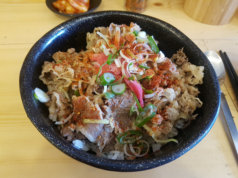

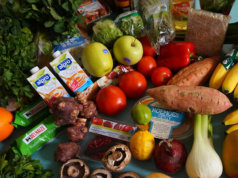

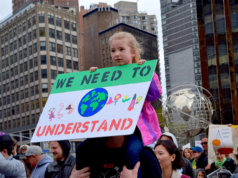

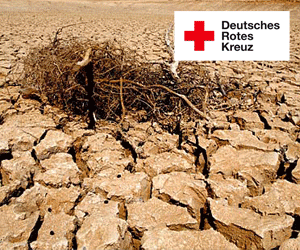






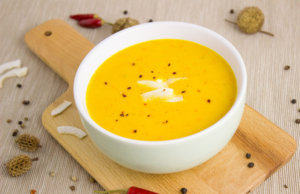


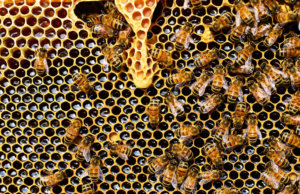





How did Veganism ever get a foot hold in a country where sausages rule and spatzel is king? It’s a travesty….a travesty I say.
Comments are closed.